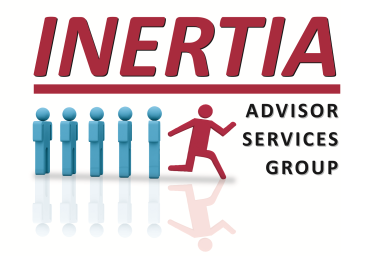Myth #1 - "A government program will take care of me or my clients"
Fact: Government programs may help with certain long-term care (LTC) costs—but only under strict conditions. They are not designed to provide full, flexible, lifetime care.
-
Medicare only pays for short-term skilled care or rehabilitation. It does not cover ongoing custodial care (help with bathing, dressing, dementia-related needs, etc.).
-
Medicaid does pay for long-term care—but only after someone spends down most of their assets to poverty levels and meets strict income, health, and eligibility requirements.
-
Veterans’ benefits can provide support, but they are limited, need-based, and often difficult to obtain or time-consuming to process.
And even when Medicaid eventually does pay, it isn’t free. Federal law requires states to recover what Medicaid spent from someone's estate after their death. This is called Medicaid Estate Recovery, and that often means:
-
A lien may be placed on the home or other assets.
-
Children and grandchildren may inherit less or nothing at all.
-
A surviving spouse may remain in the home, but once they pass away or move, the state can force repayment.
Please remember that government programs are limited by availability and a client's financial resources.
